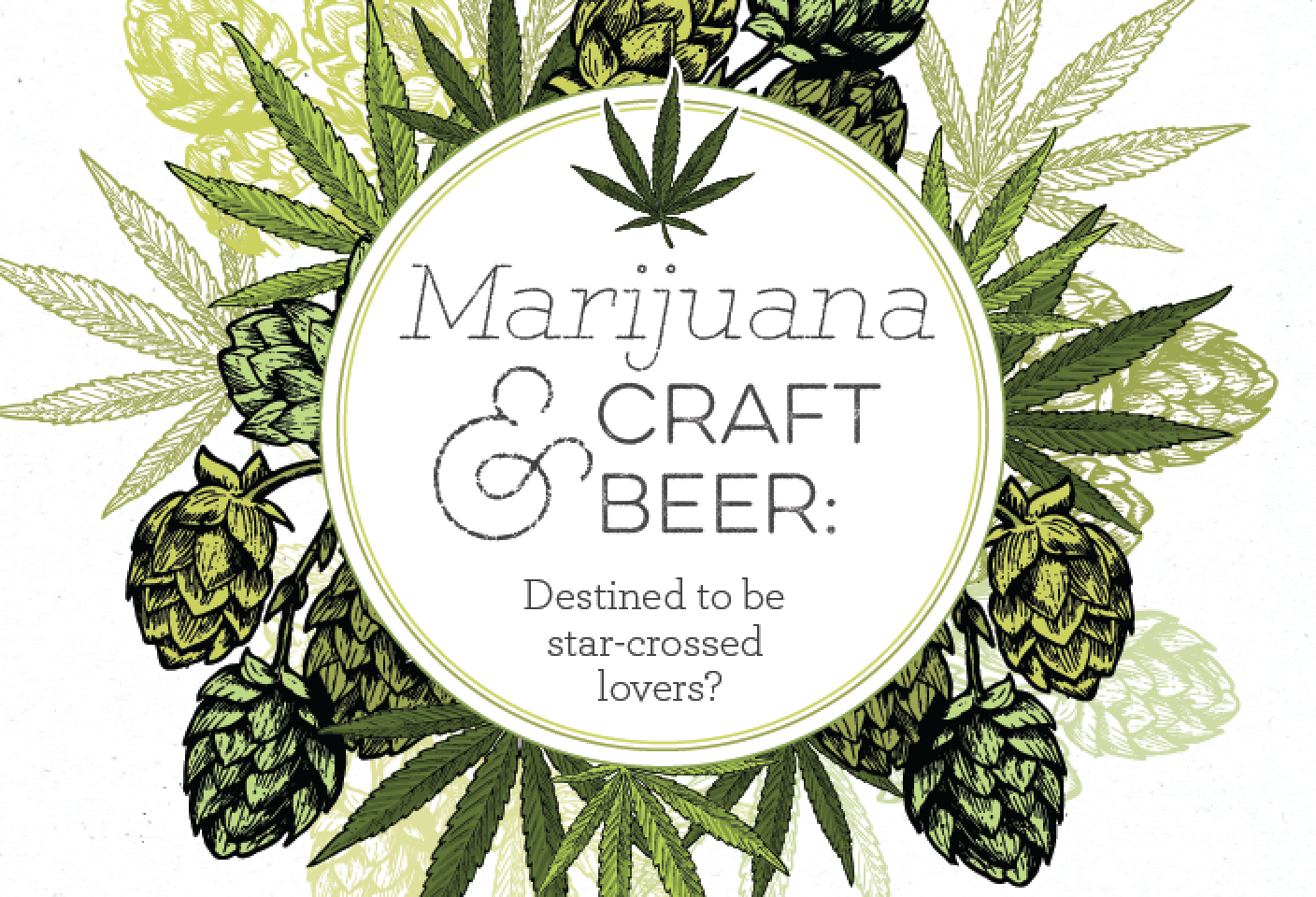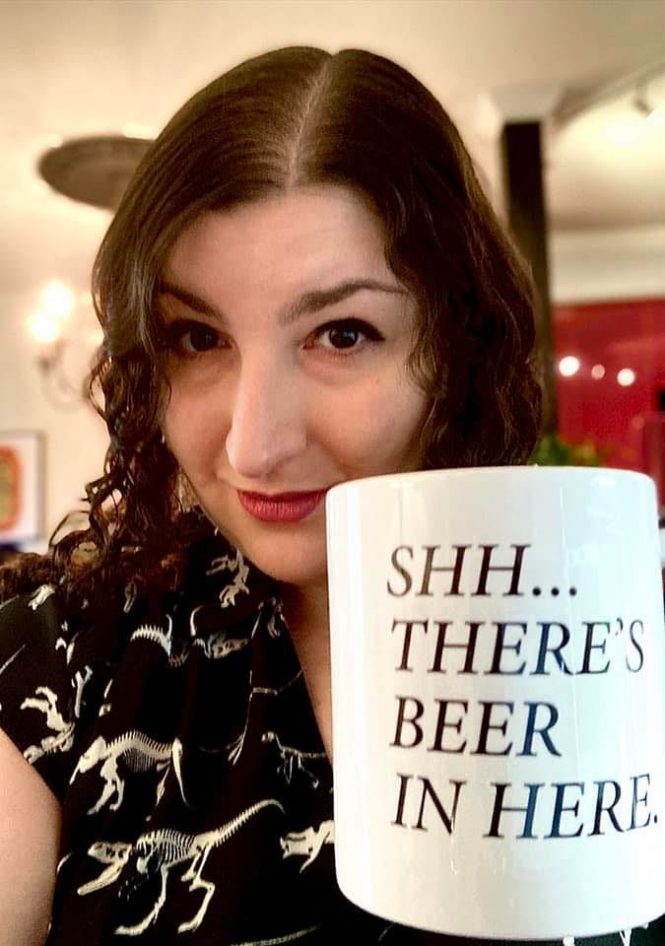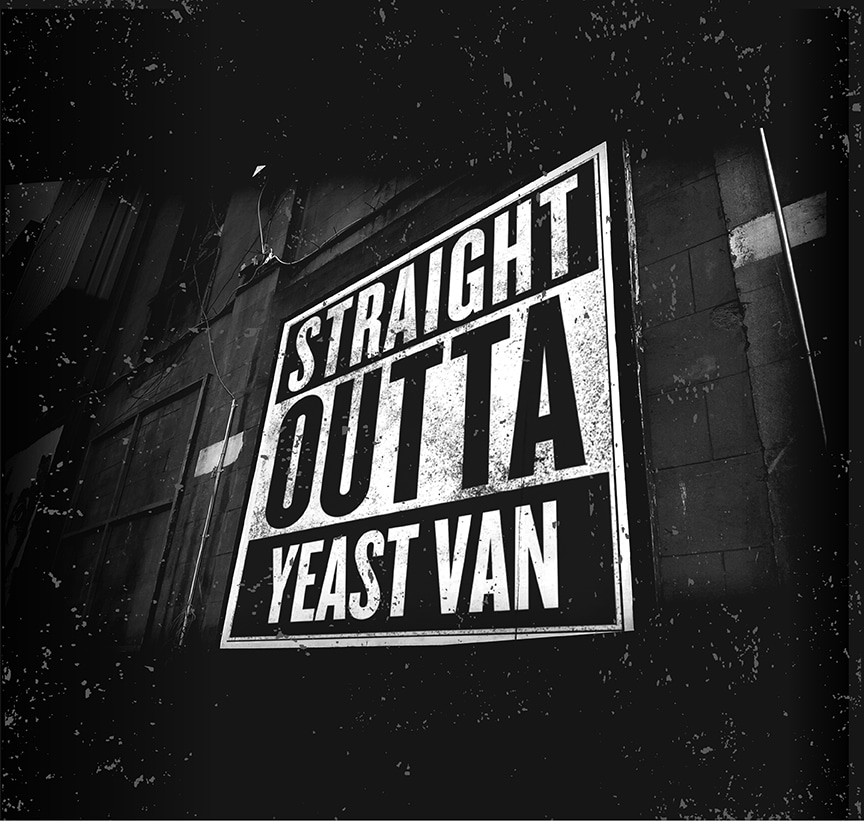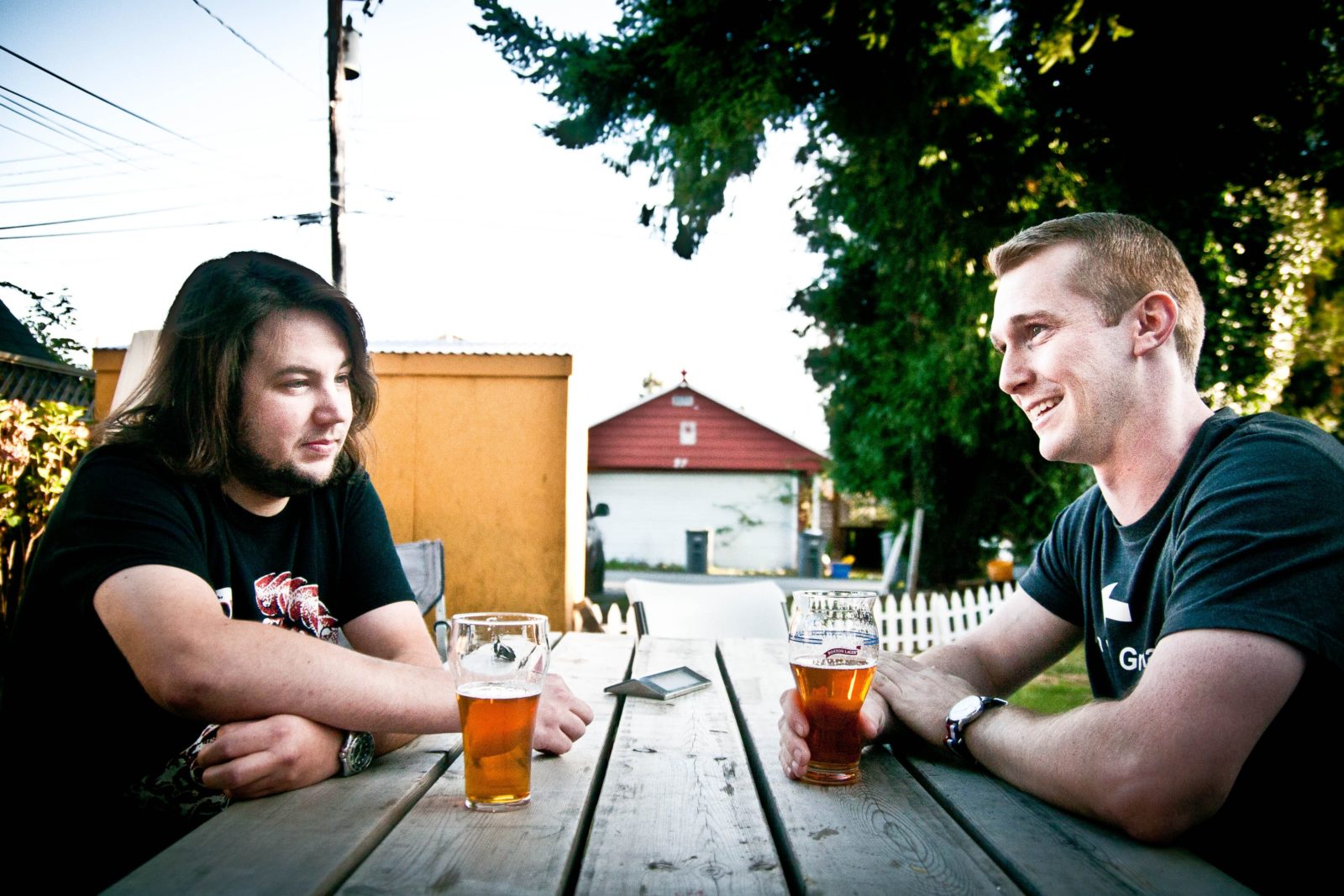As legalization of edibles looms, restrictions could keep craft brewers out of the game
With marijuana now legal in Canada and the legalization of edibles on the way, will we see cannabis-infused craft?
In a word: no. At least not in the way you would expect.
With the sweet recreational leaf finally legal in Canada, I set out to answer the burning question (see what I did there?): when will we see the worlds of craft beer and Mary Jane collide?
First, there are two main components of marijuana that are important to understand for our purposes; let Professor Mameli explain: THC, or tetrahydrocannabinol is the psychedelic part that gets you high. And today’s grass is a lot stronger than that of our parents’ era. According to Health Canada, the potency “has increased from an average of three per cent in the 1980s to around 15 per cent today. Some strains can have an average as high as 30 per cent THC.” CBD, or cannabidiol, on the other hand, does not produce any kind of high and is being studied for its possible therapeutic uses, ranging from reducing inflammation to helping with mental health issues like anxiety. Hopefully, legalization will be a boon for such research.
Edibles will become legal in Canada by Oct. 17, 2019, and yes, dear reader, than includes THC and CBD infused beverages…but, as Health Canada made abundantly clear in an email to The Growler (which highlighted several sections of the Proposed Regulations Amending the Cannabis Regulations), the edible industry will come with a litany of caveats, especially when talking about the combo of cannabis and alcohol.
In short: Health Canada emphatically says that it’s just not going to happen. Specifically this: “it would be prohibited to use terms related to alcoholic beverages, such as ‘beer’ or ‘wine,’ on cannabis products. It would similarly be prohibited for the name or logo of a company that manufactures alcoholic beverages to be used on a cannabis product. In addition to reducing inducements to use cannabis, this prohibition is felt to be necessary given the known health risks associated with the concurrent use of alcohol and cannabis.”
Sorry to disappoint.
Interpreting all the legalese, the Regulatory Impact Analysis Statement also thoroughly discusses food safety and covers a lot more ground regarding packaging and marketing underscoring the goal of protecting youth; essentially, weed + alcohol = no go. Especially for kids.
Regardless, it would seem that we’re on the precipice of an entirely new category of craft beverage. Ontario’s Cool Beer Brewing Co. is looking at the changing perception surrounding cannabis as an opportunity and is making moves to enter the infused beverage industry. Cool has applied to Health Canada for a processing license to extract oils from dried cannabis using a method called CO2 extraction which places plants under extreme compression thus drawing out the oils. The buds would be supplied by licensed producers and the oils would then be used to infuse alcohol-free beverages.
Kevin Meens is the Corporate Development Officer at Cool and he offers some much needed insight into this burgeoning and so far somewhat difficult to navigate trade.
“It’s all about what we call share of stomach in our industry,” he says. “And who has the largest share of stomach currently would be the beer industry. So now with the legalization of cannabis, you have a direct competitor.”
In August of last year, Molson Coors Canada announced that it has partnered with Quebec based HEXO, a cannabis producer, to form a joint venture called TRUSS that will “pursue opportunities to develop non-alcoholic, cannabis-infused beverages for the Canadian market following legalization,” according to a press release. So, it would appear that macros see potential too and are willing to invest and diversify.
That said, the Canadian industry will inevitably look to our neighbours to the south for guidance, where, companies like Lagunitas Brewing Co. (owned by Heineken) in California have released a non-alcoholic THC-infused beverage called Hi-Fi Hops and Oregon’s Coalition Brewing Co. has had success with their CBD-infused Two Flowers IPA.
Will Canadian consumers be interested in infused beverages, though? As legalization looms and long-held stigma dissipates, Meens certainly thinks so; particularly where CBD is concerned.
“If you’re consuming Tylenol, Advil or whatnot, it’s hard on your stomach—CBD will give you the same effect, but it’s not hard on your insides.”
It’s not all as easy as it sounds, however; as previously mentioned, Health Canada has a number of requirements for the production of infused beverages, namely pertaining to food safety and mitigating the risk of cross-contamination.
“You would not be able to put an extractor inside of an existing processing facility that deals with food,” Meens explains. “Therefore, I couldn’t put my CO2 extractor in the middle of my brewery.”
That means that, hypothetically, if an existing craft brewery wanted to manufacture an infused and dealcoholized malted-beverage, they would have to build a completely separate facility in order to do so. That could prove prohibitively expensive.
So, will we ever be able to sip the magic dragon? It appears that no one has any definitive answers. For now anyway, it seems like the idea of cannabis infused beer is up in smoke (I’m sorry). The idea of dealcoholized cannabis-infused beer, however, is very real and likely on the horizon. But will Canadian craft brewers give it a go?
“Do I take my existing craft brewery and continue in the malt beer industry? Or do I totally get out of making beer, retool my facility and go into infused beverages?” muses Meens of the decision facing craft brewers. “I think that’s the question.”
- The Spring 2019 issue of The Growler is out now! You can find B.C.’s favourite craft beer guide at your local brewery, select private liquor stores, and on newsstands across the province.





